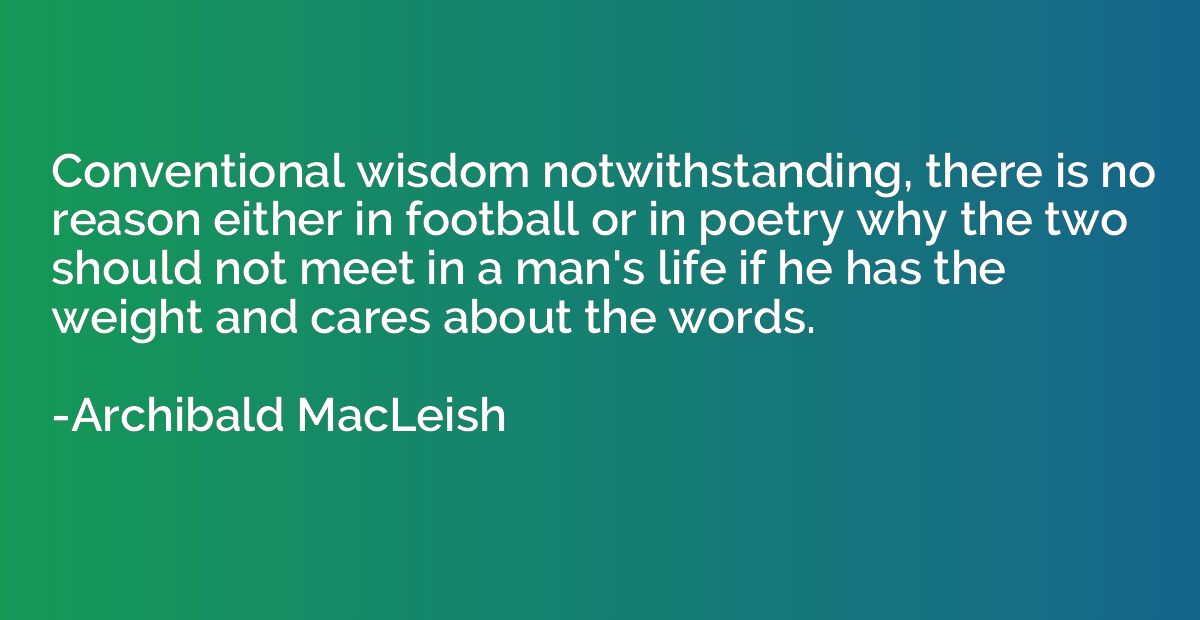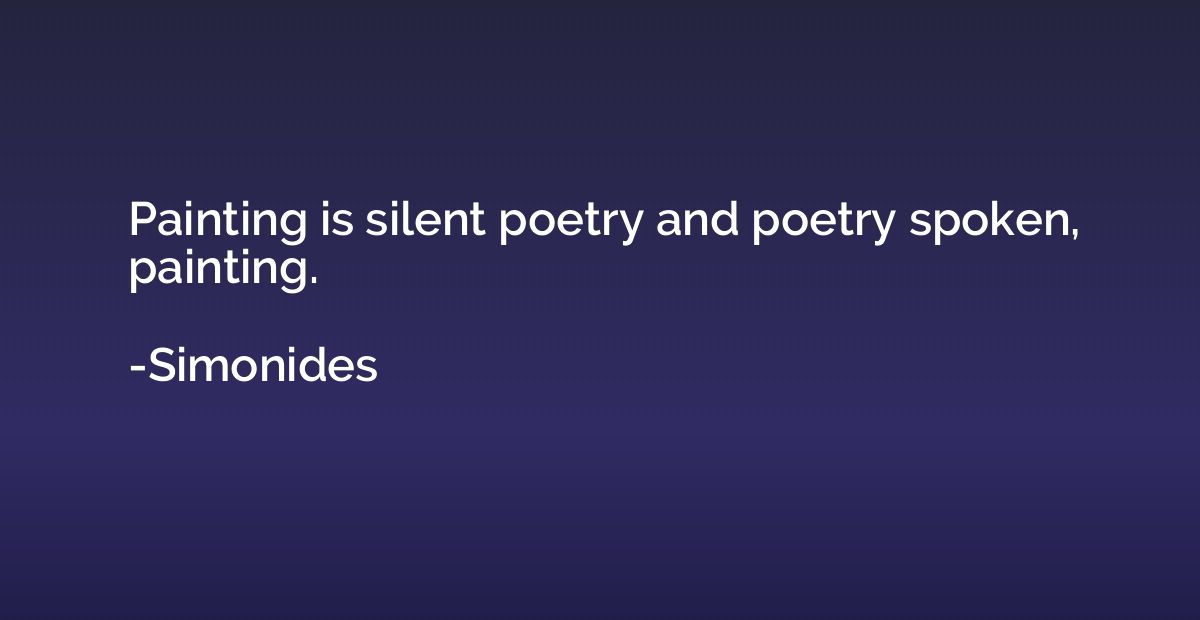Summary
This quote implies a cyclical relationship between promises and debt. When someone makes a promise, they take on a debt of fulfilling that promise. At the same time, having a debt creates an obligation to make promises in order to repay it. This suggests that promises and debt are interconnected, with one giving rise to the other. It reminds us that making promises comes with a responsibility to honor them, and that accumulating debt requires commitment to fulfilling obligations.















